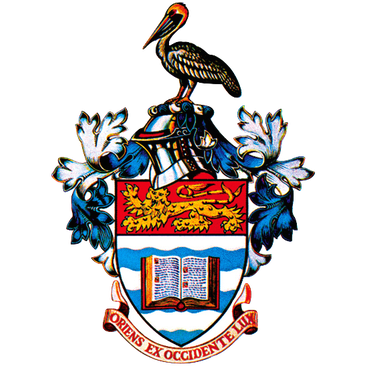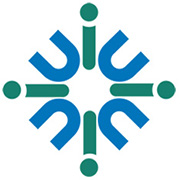📚About the Program
Are you interested in an allied health profession? Do you see the value of leisure, recreation, play, and physical activity to individuals and communities? Do you want to help people with illnesses or disabling conditions improve their health, well-being, and/or quality of life?
The therapeutic recreation bachelor’s degree program at the University of Regina will prepare you for a unique health career as a recreation therapist.
Therapeutic Recreation uses leisure, play, recreation, and physical activity as treatment modalities to support purposeful and meaningful interventions that are based on individual strengths and values, and are guided by assessments.
By studying therapeutic recreation, you will gain the knowledge, skills, and abilities to use recreational activities that focus on the person, to enhance their quality of life and well-being.
Recreation therapists work in many areas including long-term care, rehabilitation, pediatrics, and mental health and addictions.
The University of Regina has one of only nine therapeutic recreation programs in Canada that prepares you for the National Council on Therapeutic Recreation Certification examination. Completion of the therapeutic recreation degree virtually guarantees that you will be eligible to write the exam to become a Certified Therapeutic Recreation Specialist. More than 90 per cent of U of R therapeutic recreation degree graduates who write the exam pass, well beyond the national average.
Study how leisure, play, and sport are a vital therapeutic component for people with mental or physical health conditions or injuries in this bachelor’s degree program.
What Is Therapeutic Recreation?
Therapeutic recreation uses a person-centered approach, focusing on strengths, and applies recreation and leisure theory to improve quality of life and well-being.
The classes in the U of R’s Bachelor of Sport & Recreation Studies Therapeutic Recreation degree program include:
Therapeutic Recreation Foundations, which is an introduction to therapeutic recreation, and covers its theoretical foundations and how it developed as a profession
Therapeutic Recreation Interventions, which examines the intervention process and the forms of interventions and strategies used to bring about changes in physical, social, emotional, and cognitive functioning for persons with disabilities, limitations or age-related conditions
Therapeutic Recreation: Mental Health and Addictions, which explores mental health and addictions through a therapeutic recreation lens. Students will learn about the range of mental health and addictions-related conditions and the impact of therapeutic recreation treatment on rehabilitation and recovery.
Using a strengths-based approach, recreation therapists assess clients, plan meaningful therapeutic recreation programs based on client goals, implement those programs, and evaluate client progress.
Show less












